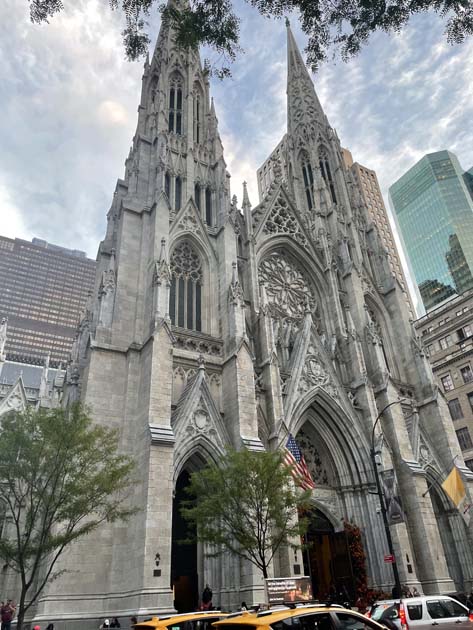Latest in: religion
I have been appreciating both of these creators for some time. So when they started a back and forth debate, I was excited to hear what they had to say. I think I learn …
Over the years, I have attended various nondenominational churches, and I have seen many of these churches stray from their original mission. I've observed two primary reasons for this: scandals and corruption within the …
Subscribe to be updated about new content.
kenbrian
